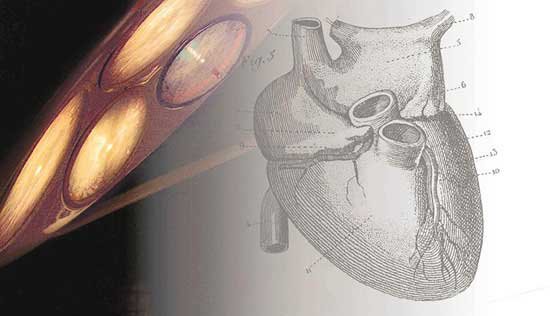UPMC to try ER donor organ idea
Wednesday, October 31, 2007
By Joe Fahy and David Templeton, Pittsburgh Post-Gazette
UPMC Presbyterian is developing a program aimed at obtaining donor organs from emergency-room patients who cannot be revived.
Dr. Michael DeVita, a University of Pittsburgh School of Medicine professor of critical care and internal medicine, yesterday said he knew of no similar U.S. program operating, though some had been attempted elsewhere.
The program, to be called Condition T, could be in place by next summer, he said after a news conference.
Under Condition T, when efforts to revive patients fail, doctors would contact the local organ recovery organization, the Center for Organ Recovery and Education, to determine whether the patient was a registered donor. If so, family members would be notified, he said, and a team separate from the professionals that attempted to resuscitate the patient would be summoned to recover the organs.
Initially at least, plans call for recovering livers and kidneys, the organs that have the longest waiting lists nationally.
Pitt doctors estimate that an additional 40 kidneys and 20 livers could be recovered annually.
Transplant experts in Michigan are working with Pitt to determine whether the program can be replicated, Dr. DeVita said.
Pitt doctors obtained a nearly $1 million, three-year grant for the local program from the federal Health Resources and Services Administration, which oversees transplant programs.
The initiative will focus on patients who suffer cardiac deaths, which occur when the heart, circulatory and respiratory systems cease to function.
The vast majority of organs now come from hospitalized donors who have suffered brain death -- that is, they were pronounced dead when meaningful brain activity ceased, the Institute of Medicine noted in a report last year.
But far more people in the United States are pronounced dead each year when their hearts stops beating, and they offer "a largely untapped source of potential organ donations," the institute said.
The group urged action on the plan but said a number of ethical and practical issues remained, such as how best to work with family members whose loved one has just died unexpectedly.
"Obviously, the organ donor shortage needs to be addressed in every way possible," said Dr. James Burdick, director of transplantation for the Health Resources and Services Administration.
More than 90,000 people are on waiting lists for organ transplants.
In 2003, the federal agency began a nationwide effort, known as the Breakthrough Collaborative, to challenge medical centers to find ways to increase organ donation. Concerns have been raised, however, that the efforts have been too aggressive in some cases.
Dr. Arthur Caplan, chairman of the University of Pennsylvania's department of medical ethics, said Pitt's plan to separate patient care from organ procurement in its new initiative is "a great idea" but does not resolve all issues.
In any emergency room, family members hoping for good news likely will protest when told that their loved one's organs are being removed, Dr. Caplan said. And while Pittsburgh has personnel trained in organ removal, he said other communities without trained personnel won't be able to adopt such a program.
People also might question the medical center's ability to keep emergency room and transplant personnel separate, he said.
First published on October 31, 2007 at 12:00 am
Joe Fahy can be reached at jfahy@post-gazette.com or 412-263-1722. David Templeton can be reached at dtempleton@post-gazette.com or 412-263-1578.

No comments:
Post a Comment